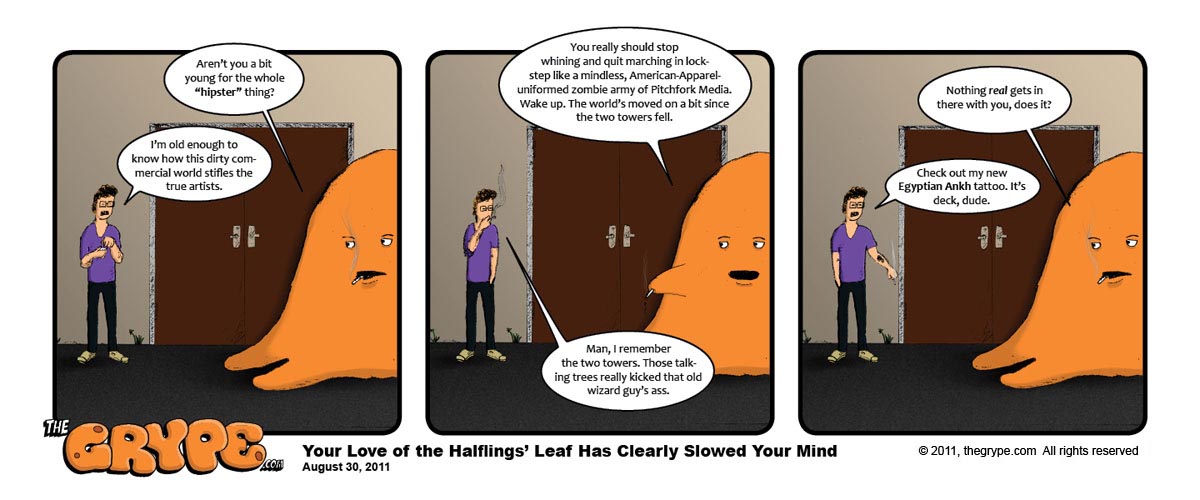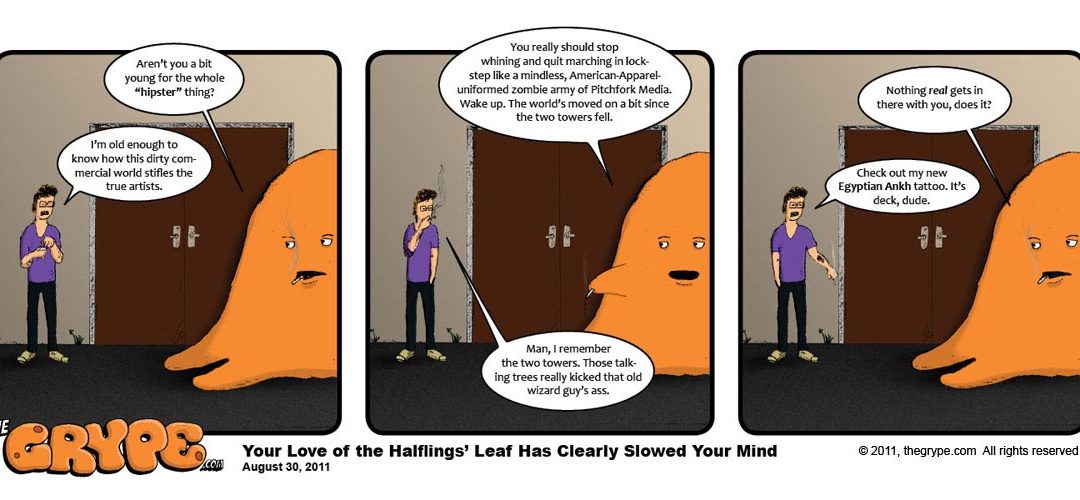 “Trending” is one of those cute internet buzzwords created by cleverly attaching the suffix “ing” to an otherwise unobtrusive noun. Stripped of its impressive digital memetry, it actually describes anything gaining online popularity, or “starting to become a trend.”
“Trending” is one of those cute internet buzzwords created by cleverly attaching the suffix “ing” to an otherwise unobtrusive noun. Stripped of its impressive digital memetry, it actually describes anything gaining online popularity, or “starting to become a trend.”
But that’s just a digital word for the same old popularity game. The whole life-cycle of any tribal cultural construct— including our own society— is a series of such trends. If information grows and moves through the social milieu like a viral colony, then new ideas— and the fashions they eventually inspire— are the most virulent strains of the info-virus. Like any newborn entity, they are also the most fragile.
Our culture is the behavioral manifestation of ideas that survive the Darwinian critique pool to thrive and multiply. Our behavioral trends—even those we consider alternative lifestyle choices— begin as a simple idea. The idea becomes a belief, then a set of interconnected core-beliefs that express a philosophical standpoint. These suggest supporting behaviors whereby the original idea is expressed through action, and an alternative lifestyle is born. The term “life-style” itself might be defined as channeling the action of living one’s daily life within self-chosen parameters which hold special significance. Not all of us have a choice about who we are or how we got that way; but we all have the choice whether to express that identity, or to reject and repress it.
It seems strange when a self-proclaimed proponent of an alternative lifestyle doesn’t understand (and cannot rationally explain) the original idea upon which that chosen lifestyle is based. Yet as the rush to adopt new cultural fads and fashions outdistances the original philosophical statements, creative ideas, political stances, and artistic expressions which initially gave rise to those fads and fashions, it makes sense that eventually the original principles behind those lifestyles might be lost on some who never bothered to consider whether or not they truly agreed with those principles in the first place.
Every alternative lifestyle or urban-tribal subculture inevitably attracts hyper-fashion-conscious, self-declared lifestyle disciples who really can’t explain WHY they are wearing t-shirts featuring silk-screened depictions of, say, Che Guevara. And who don’t even really know who the guy was, or what he did. Or understand why it might be criminally ironic that they have spawned a cottage industry of third world sweat shops, busily exploiting workers who crank out those shirts by the thousands for sale in foreign capitalist clothing markets.
One cringes at the sheer absurdity of it all. And snorts in derision at designer punk rockers in $800 outfits, or smirks at faux hipsters vapidly staring into their laptops at Starbucks, seeking instructions telling them which music they should listen to, and what alternative clothing brands they must wear, in order to certify their intellectual sincerity and artistic individuality.
All counter-cultural movements are eventually co-opted by the corporate sector, branded, and repackaged for consumption by the masses as popular culture. But if you take the time to actually understand the core principles upon which your personal lifestyle choices are supposedly based, then you won’t feel the need to drown your own identity in the artificial trappings of someone else’s belief-system.
It is known.

